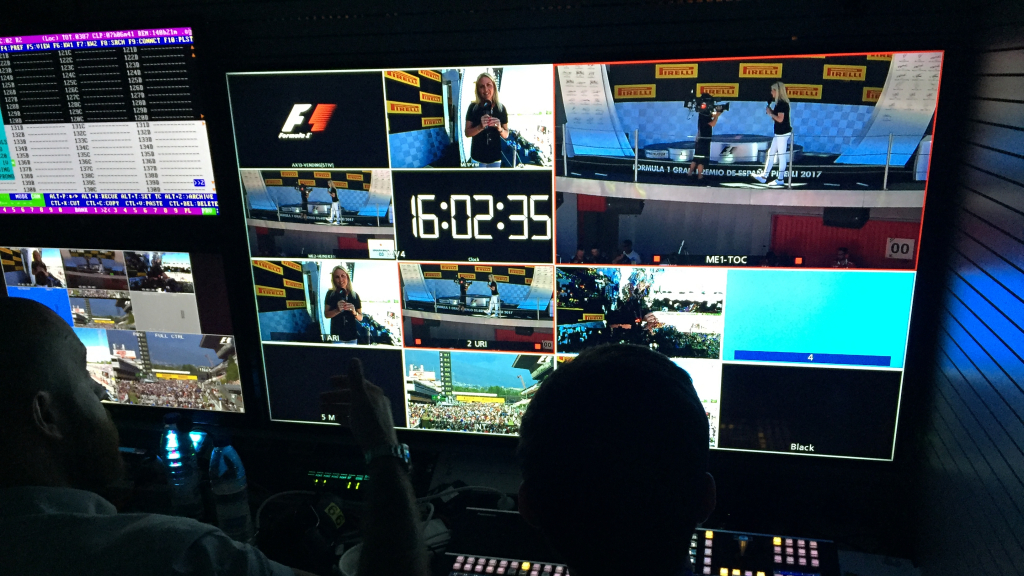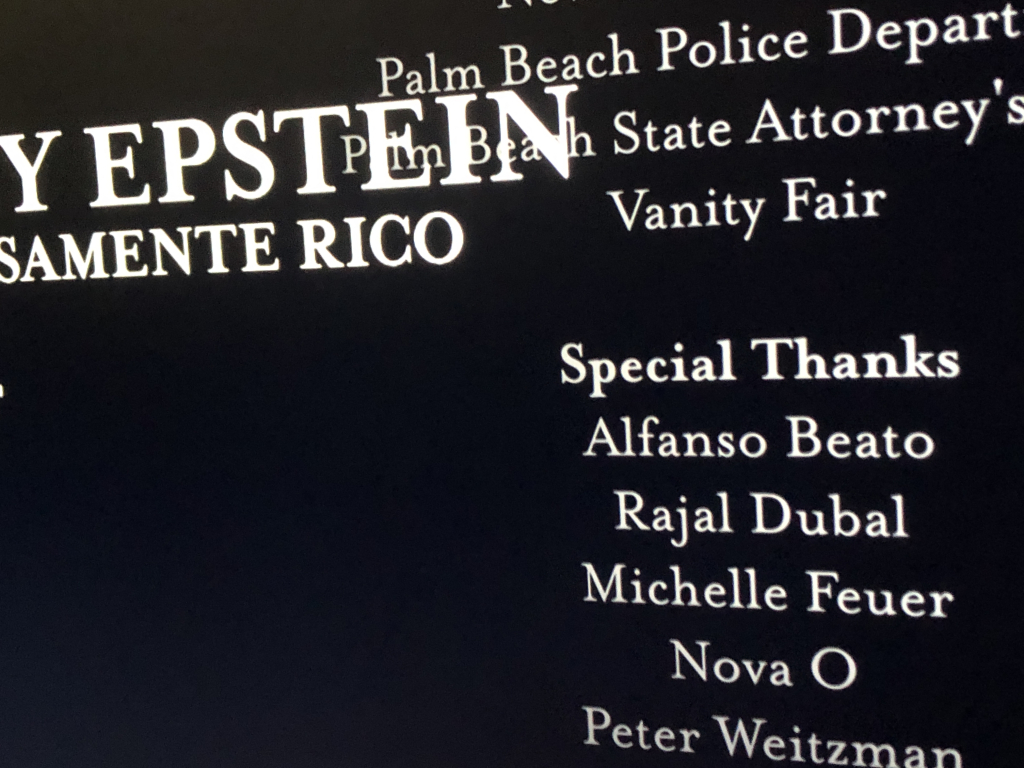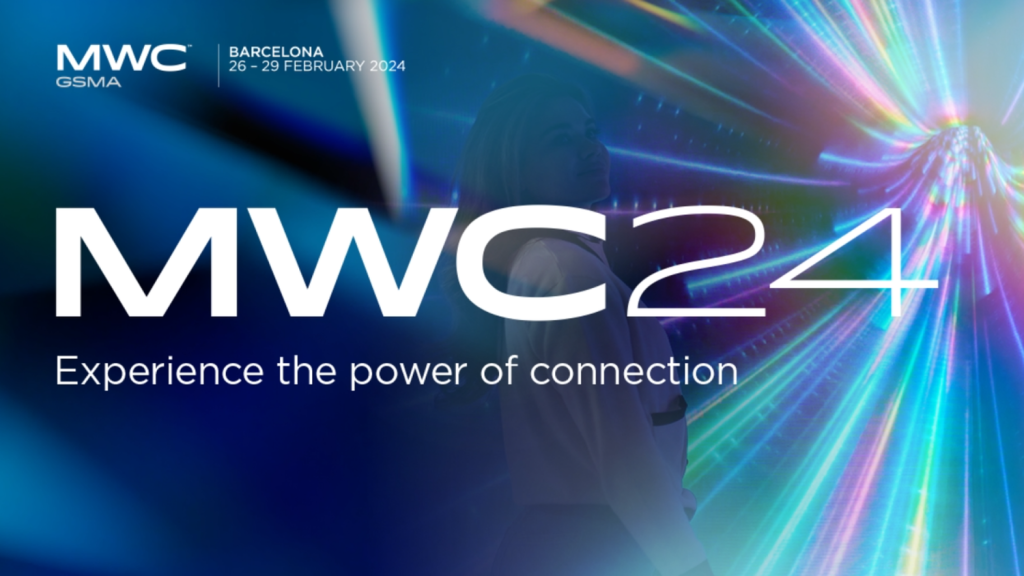China Expands Influence in the Mediterranean as European Investment Weakens.
Top European Union officials say the bloc must invest more heavily in Mediterranean countries to compete with foreign powers like China. Beijing has financed or purchased vital infrastructure in the region as part of its so-called ‘Belt and Road Initiative.
Barcelona’s port used to be owned by Spanish companies. But international giants have moved in. Part of this facility is now owned by ‘Hutchison Ports’, a Chinese company that operates a new semi-automated terminal. In 2019 the port handled 3.5 million containers.
Twenty-five years ago, the EU helped set up the Barcelona Process, the Union for the Mediterranean, which now has 42 member states from Europe, the Middle East and North Africa. The aim was to boost economic and political links across the Mediterranean region, increasing European influence. But it’s struggling in the face of foreign competition, according to the EU’s foreign policy chief.
Josep Borrell said that trade with North African countries has the potential to be four times greater than it is today. But fragmentation has created an opening for powers like China and Russia to expand their influence across North Africa and Southern Europe.
Beijing’s multibillion-dollar ‘Belt and Road Initiative’ to connect Asia, Africa, and Europe has seen China establish shipping lines in the Mediterranean alongside submarine cables and 5G mobile networks. The digital infrastructure will shape the competition for 21st-century technological dominance, and the EU will need greater financial firepower to compete.
China holds stakes in over a dozen European ports. The investment has modernized facilities, but it has also triggered a debate over Europe’s ability to finance its strategic interests in its backyard.










